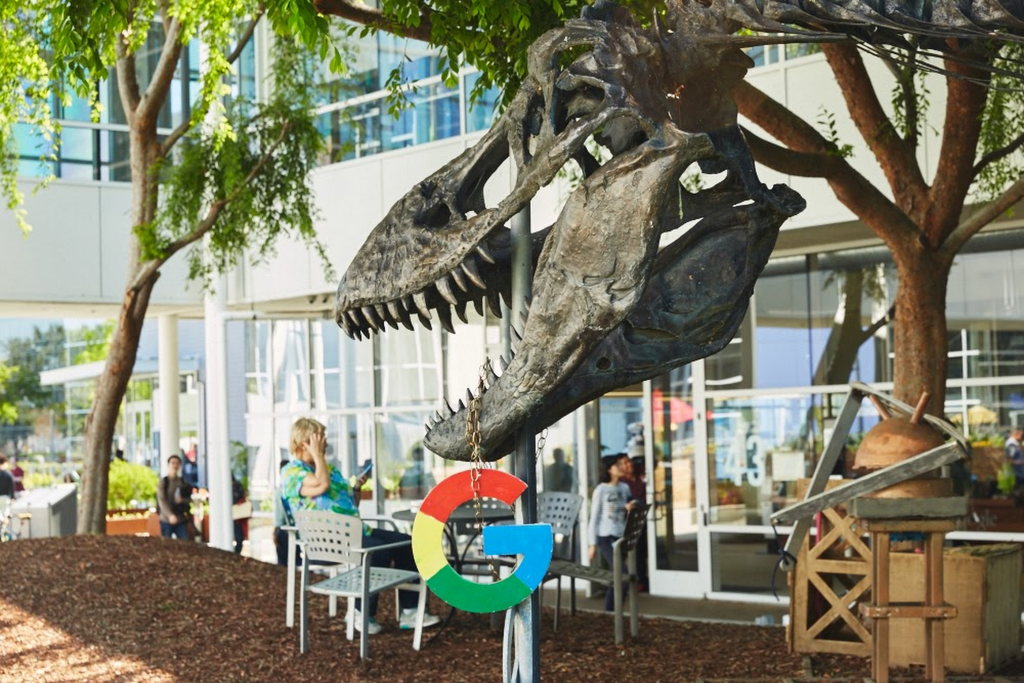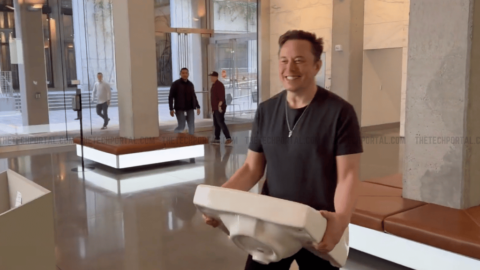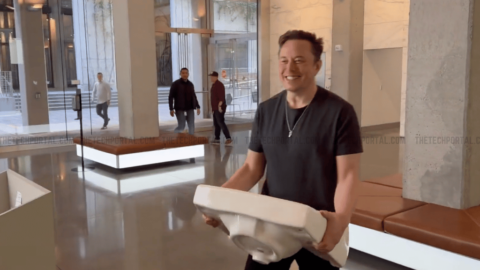 TheTechMedia.com/wp-content/uploads/2022/03/google-dinosaur-tech-portal-e1647495773256.png 1024w, https://TheTechMedia.com/wp-content/uploads/2022/03/google-dinosaur-tech-portal-300×200.png 300w, https://TheTechMedia.com/wp-content/uploads/2022/03/google-dinosaur-tech-portal-768×512.png 768w, https://TheTechMedia.com/wp-content/uploads/2022/03/google-dinosaur-tech-portal-1536×1025.png 1536w, https://TheTechMedia.com/wp-content/uploads/2022/03/google-dinosaur-tech-portal-2048×1366.png 2048w, https://TheTechMedia.com/wp-content/uploads/2022/03/google-dinosaur-tech-portal-800×534.png 800w, https://TheTechMedia.com/wp-content/uploads/2022/03/google-dinosaur-tech-portal-1160×774.png 1160w” sizes=”(max-width: 1024px) 100vw, 1024px”>
TheTechMedia.com/wp-content/uploads/2022/03/google-dinosaur-tech-portal-e1647495773256.png 1024w, https://TheTechMedia.com/wp-content/uploads/2022/03/google-dinosaur-tech-portal-300×200.png 300w, https://TheTechMedia.com/wp-content/uploads/2022/03/google-dinosaur-tech-portal-768×512.png 768w, https://TheTechMedia.com/wp-content/uploads/2022/03/google-dinosaur-tech-portal-1536×1025.png 1536w, https://TheTechMedia.com/wp-content/uploads/2022/03/google-dinosaur-tech-portal-2048×1366.png 2048w, https://TheTechMedia.com/wp-content/uploads/2022/03/google-dinosaur-tech-portal-800×534.png 800w, https://TheTechMedia.com/wp-content/uploads/2022/03/google-dinosaur-tech-portal-1160×774.png 1160w” sizes=”(max-width: 1024px) 100vw, 1024px”>It was only a matter of time before this happened. The meteoric rise in the popularity of OpenAI’s super efficient chatbot, ChatGPT, made the likes of Google and Microsoft sit up, take notice and realise how far behind they are in the AI game. And while Microsoft has decided to invest billions in OpenAI in order to incorporate the tool into some of its products (and Bing, its search engine), Google has opted for a different way. The tech behemoth has revealed its answer to the increasingly-popular ChatGPT – its own AI chatbot called “Bard”.
Available to a select group of testers for now, Google’s ChatGPT-like offering is being described as an “experimental conversational AI service” that will answer any queries that users will have, as well as engage in conversations with them. The chatbot will be available to a group of “trusted testers” today, according to Google CEO Sundar Pichai, before becoming “more widely available to the public in the coming weeks.”
Apart from the chatbot, Google continues to double down on AI with the integration of its latest AI technologies – such as LaMDA, PaLM, image generator Imagen, and music creator MusicLM – into its products (starting with its search engine). It will also begin onboarding individual developers, creators, and enterprises in March, and – eventually – create tools and APIs to make it easy for others to build more innovative applications with AI.
Powered by Google’s Language Model for Dialogue Applications (or LaMDA for short), Bard comes with support to answer complex queries by distilling them into digestible answers. Google aims to make it the destination you should go to for queries – whether it be learning about the current score in a cricket match or explaining algebra in easy terms to students. LaMDA will help in this regard, especially since the large language AI model mimics the brain’s underlying architecture in computer form, further complemented by the vast amounts of text they are fed from the internet.
Google said that Bard requires “significantly less computing power,” which enables the tech titan to provide room for more feedback and scale to more users. “Soon, you’ll see AI-powered features in Search that distill complex information and multiple perspectives into easy-to-digest formats, so you can quickly understand the big picture and learn more from the web: whether that’s seeking out additional perspectives, like blogs from people who play both piano and guitar, or going deeper on a related topic, like steps to get started as a beginner,” wrote CEO Sundar Pichai in a blog post.
This development is an expected one, especially when one takes into account Google’s alarm at the sensational rise of ChatGPT over recent months. OpenAI’s chatbot has turned multiple heads by convincingly mimicking human writing to provide answers to encyclopedia questions, entire essays, or even a computer program that shows all the different ways you can arrange the letters of a word. And they have been impressive so far (so much that ChatGPT passed exams at a U.S. law school and a top French university banned the use of the AI chatbot ChatGPT to complete assignments).
Google’s worries were noted at a recent all-hands meeting, where employees raised concerns about the sudden popularity of the chatbot and Google’s competitive edge in AI. It remains to be seen whether Bard turns out to be the X-Factor that Google is looking for, especially after its parent company fell short of analyst expectations for the winter quarter of the previous year.





